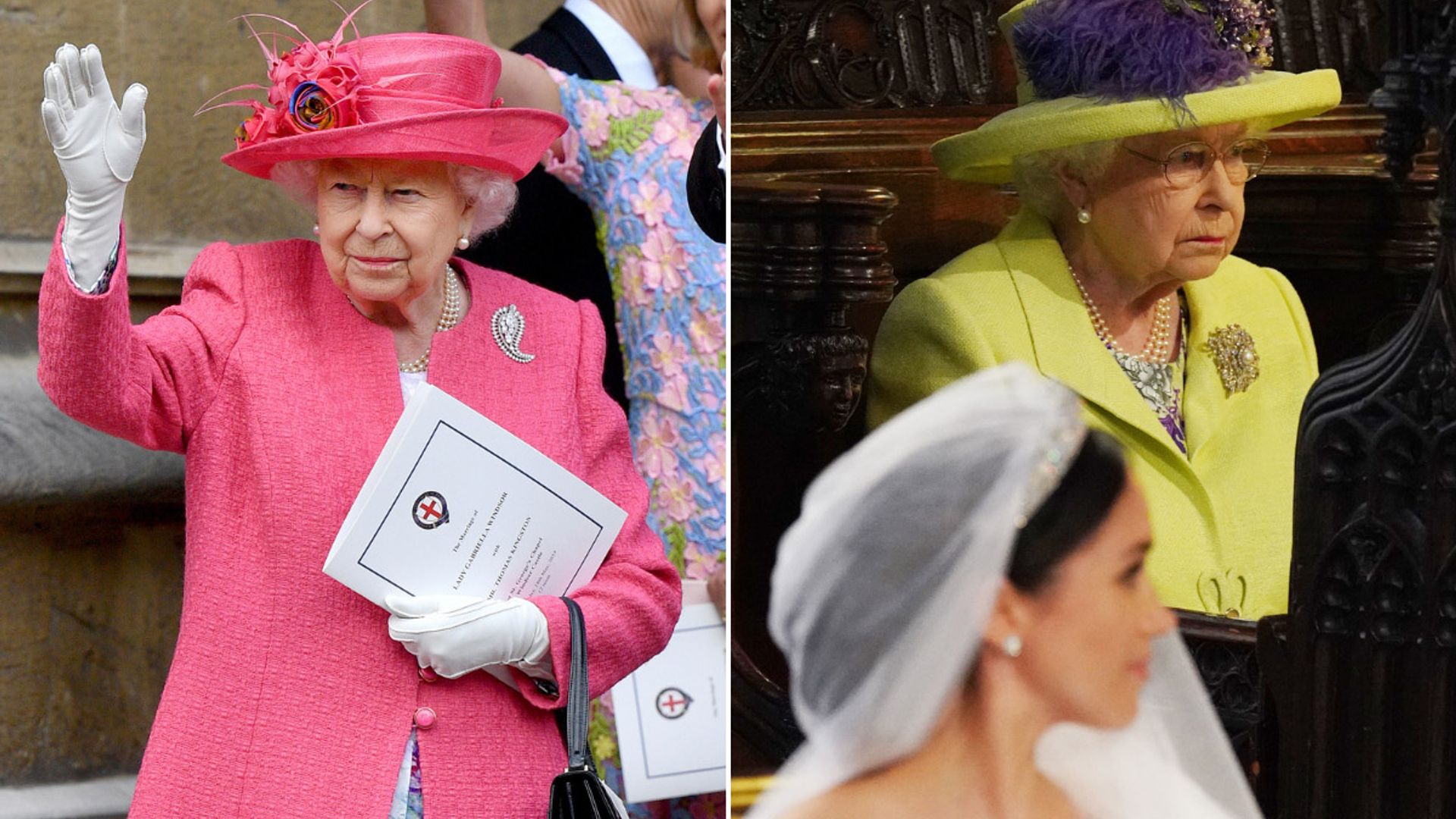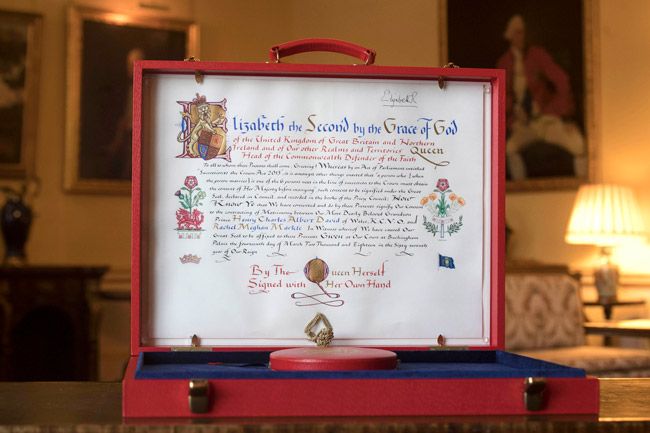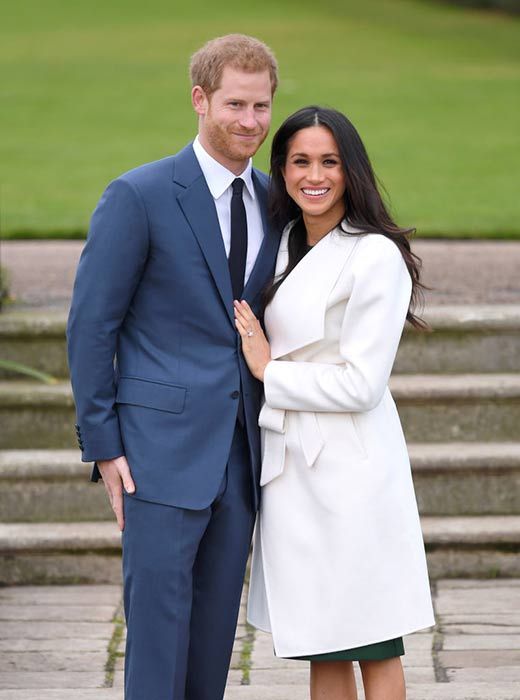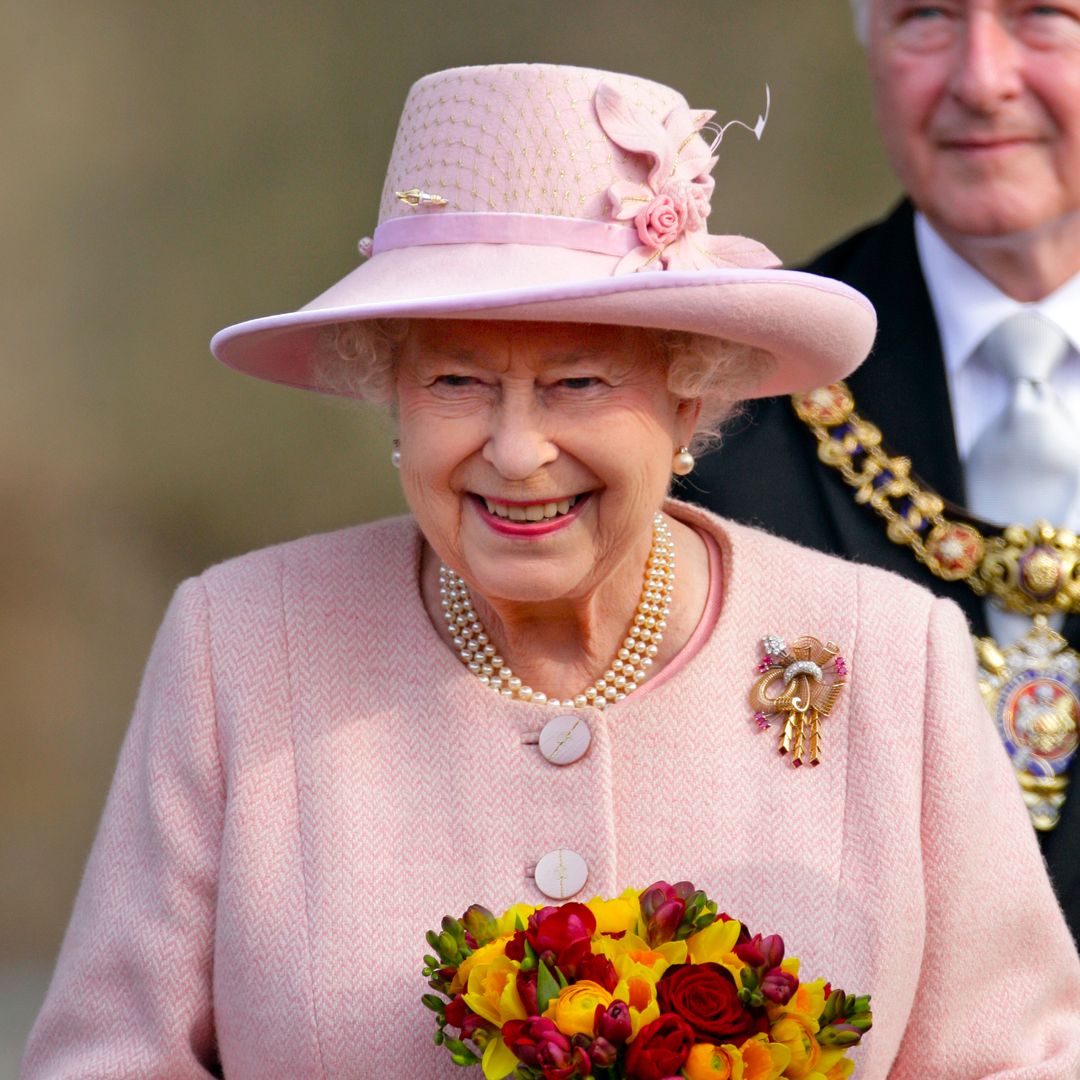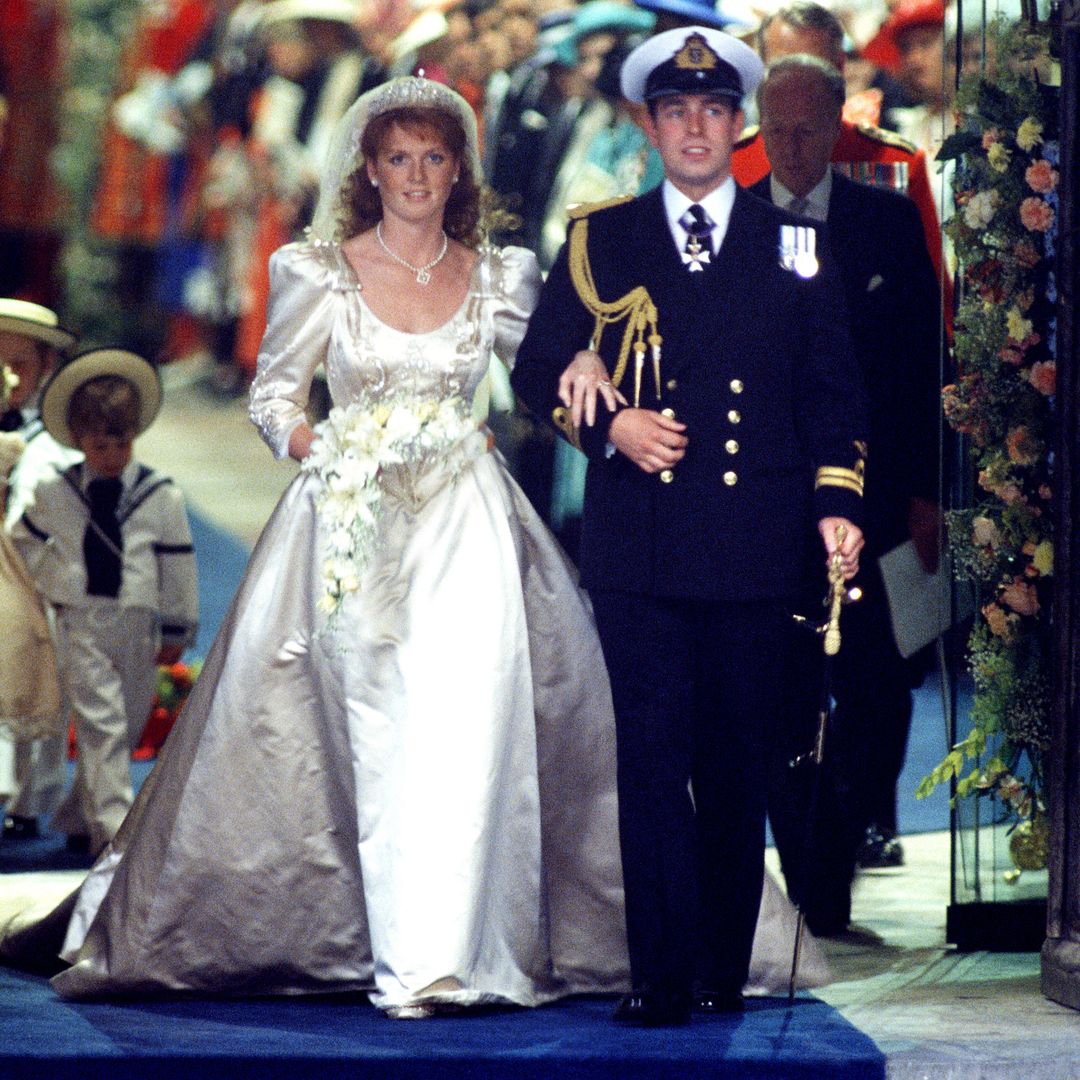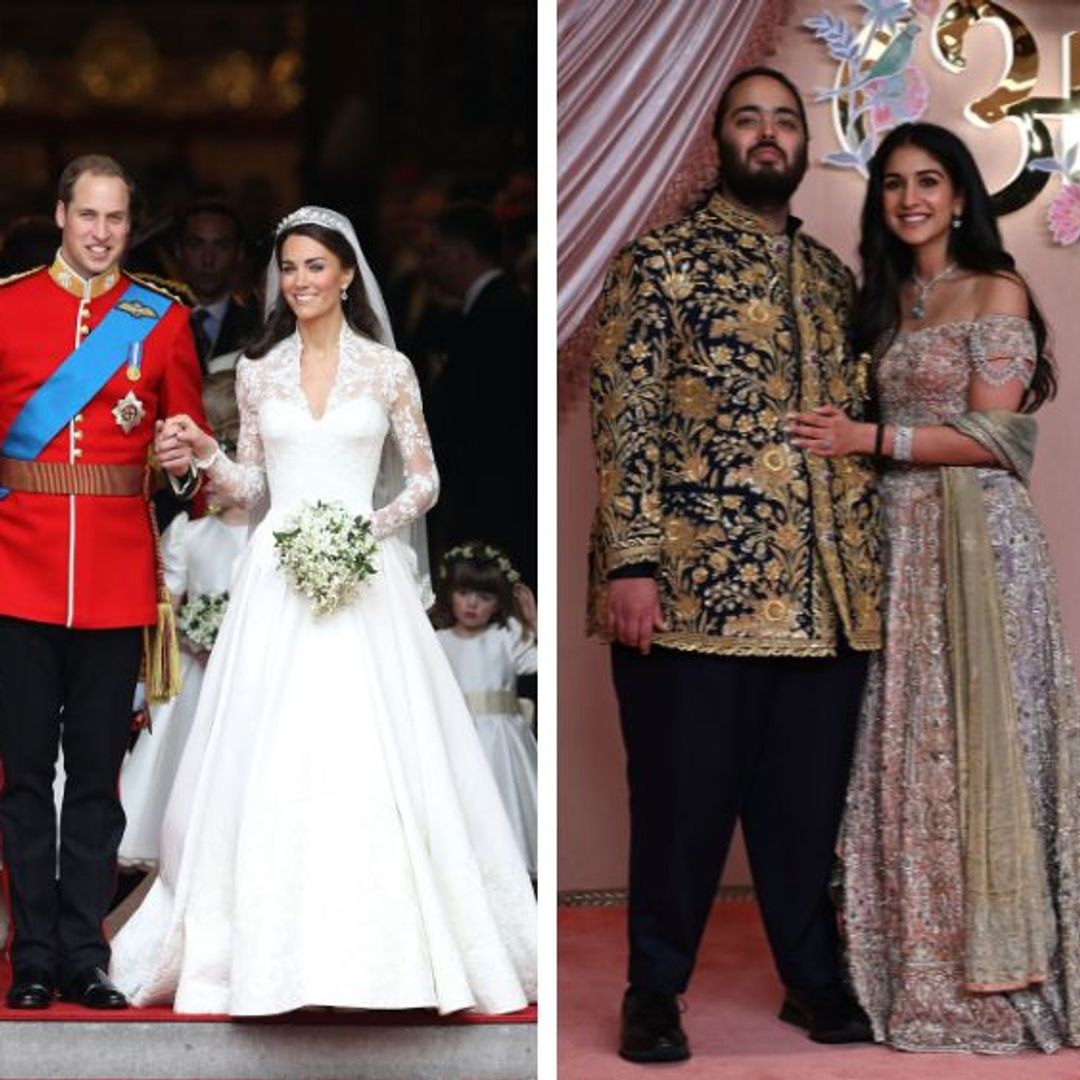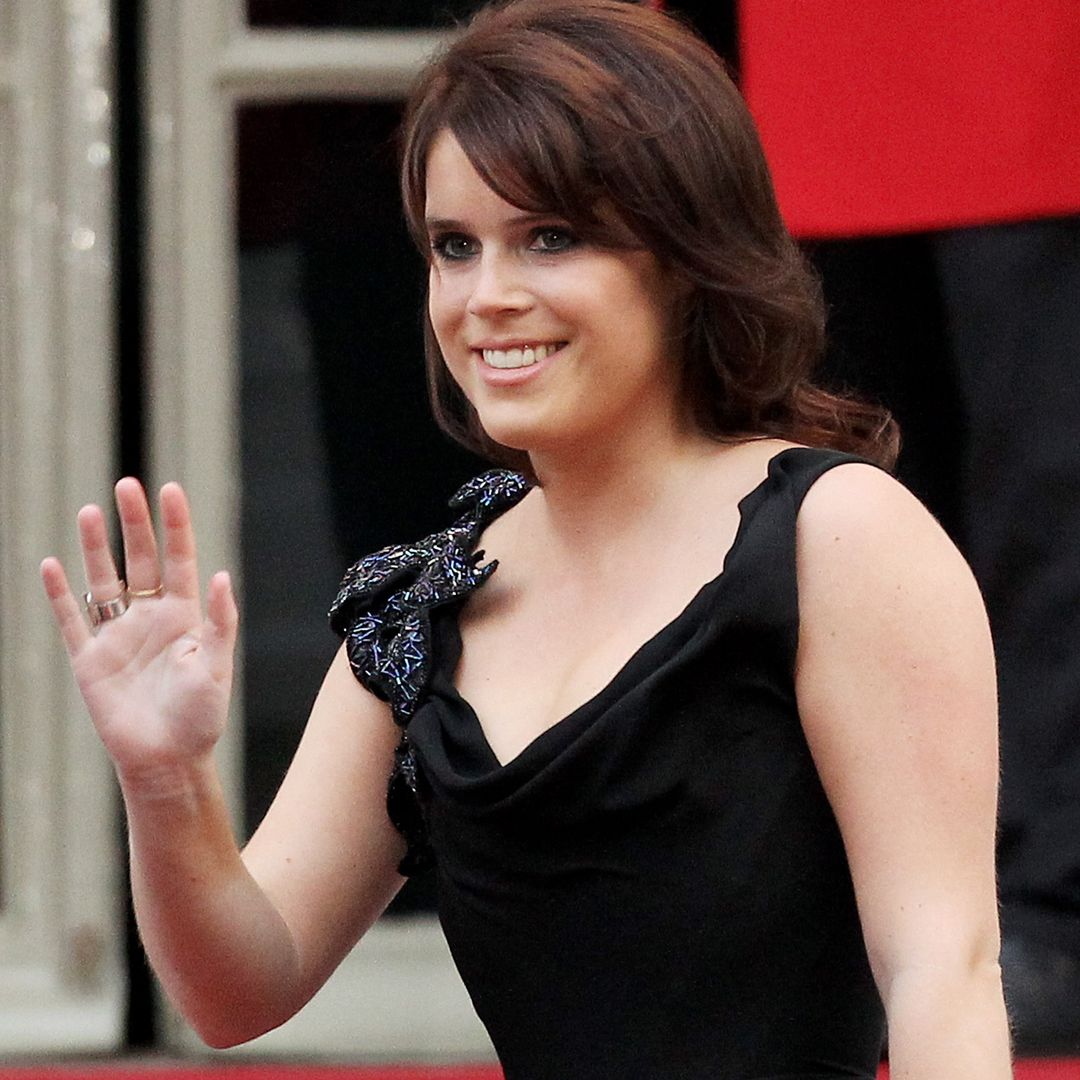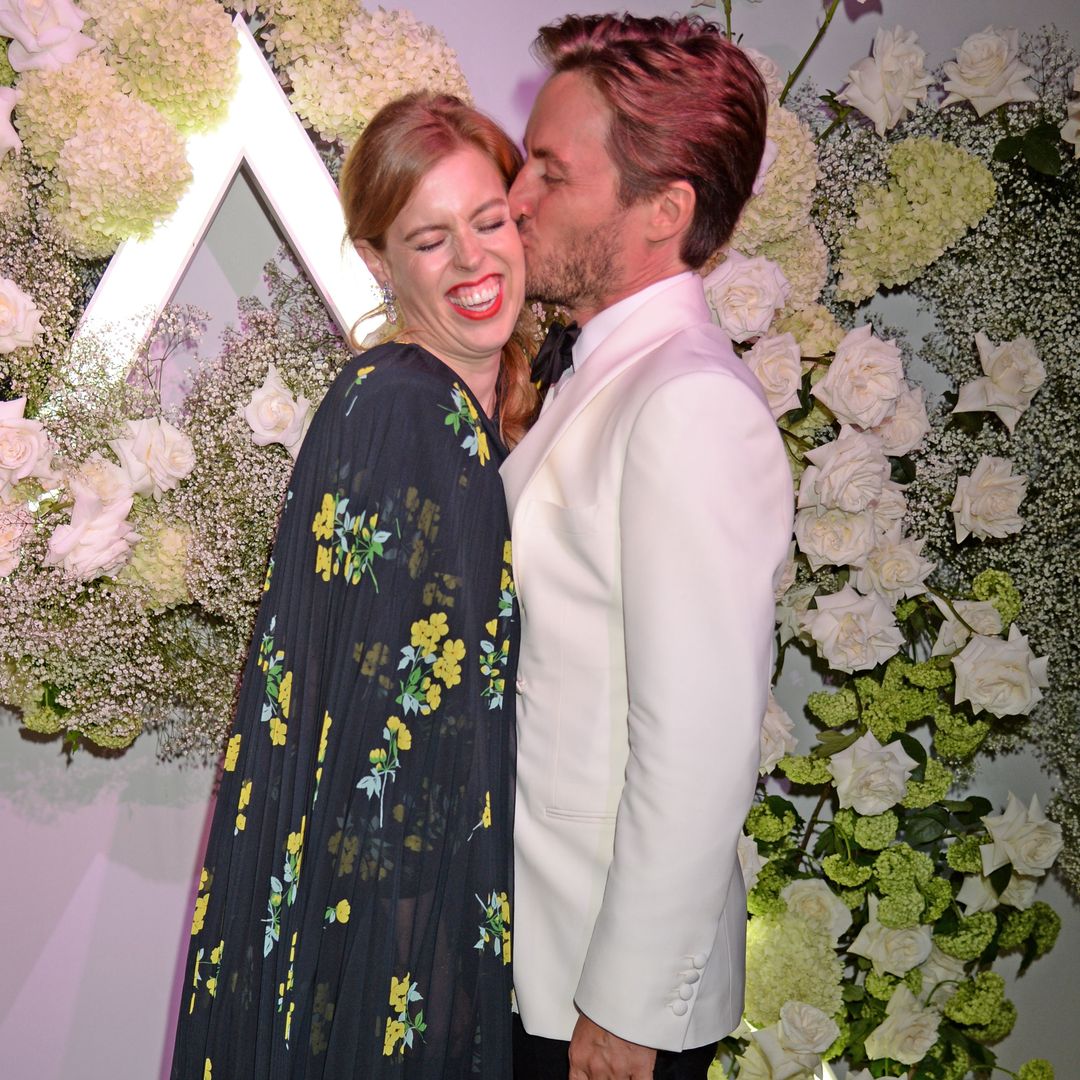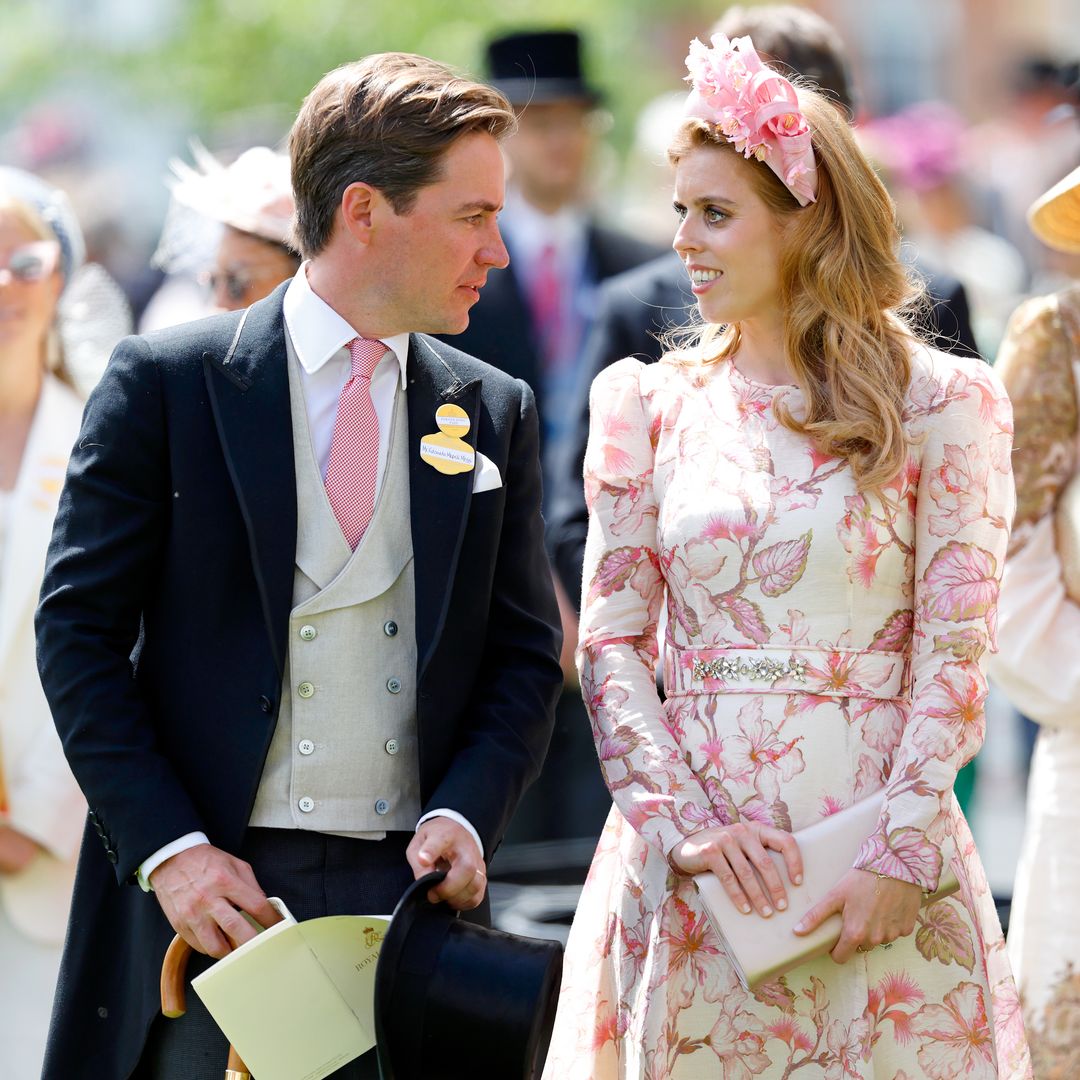Royal engagements are exciting times – for the couple themselves and also the adoring public – but they don't come without strict rules and regulations. The Royal Marriages Act 1772 means the Queen has the final say on sanctioning royal weddings and the law was brought about for a very controversial reason.
REVEALED: Princess Anne's wedding to Timothy Laurence was almost stopped - here's why
Quite simply, King George III instructed the law to come into force after he disagreed with his own brother's marriage. His younger brother, the Duke of Cumberland, secretly married Lady Anne Horton and it was believed she was a commoner and thus the king did not want her in the family.
WATCH: Prince William and Kate Middleton's royal wedding will give you goosebumps
Officially, according to Google Arts and Culture, the rule was implemented "in order to guard against marriages that could diminish the status of the royal house". And it is reported that "the right of veto vested in the sovereign by this act provoked severe adverse criticism at the time of its passage."
Her Majesty issues an Instrument of Consent to approve royal marriages
MORE: 9 fascinating rules royal brides must follow
SEE: 8 photos of breathtaking royal wedding jewellery – and their sentimental meanings
The historic tradition of The Royal Marriages Act 1772 was amended in 2013 to only apply to the first six people in line to the throne.
This means that the likes of Prince William and Prince Harry had to ask their grandmother prior to getting down on one knee.
For these particular royals, the Queen would have then issued an Instrument of Consent to formally approve the union.
MORE: The Queen's different reactions to royal proposals revealed
If they did not pass through these appropriate channels, it is written that it "would disqualify the person and the person's descendants from it from succeeding to the Crown". Therefore, if Prince William, for example, did not seek the monarch's sanction to marry Kate Middleton, he and his children would be removed from the succession line.
Before Prince Harry got married, he asked the Queen for permission
Although there are members of the royal family who wouldn't need to consult Her Majesty in order to tie the knot, it is believed that they would still seek the monarch's approval out of respect. Of course, it's always good to have your family on side if you are planning on tying the knot!
Make sure you never miss a ROYAL story! Sign up to our newsletter to get all of our celebrity, royal and lifestyle news delivered directly to your inbox.
